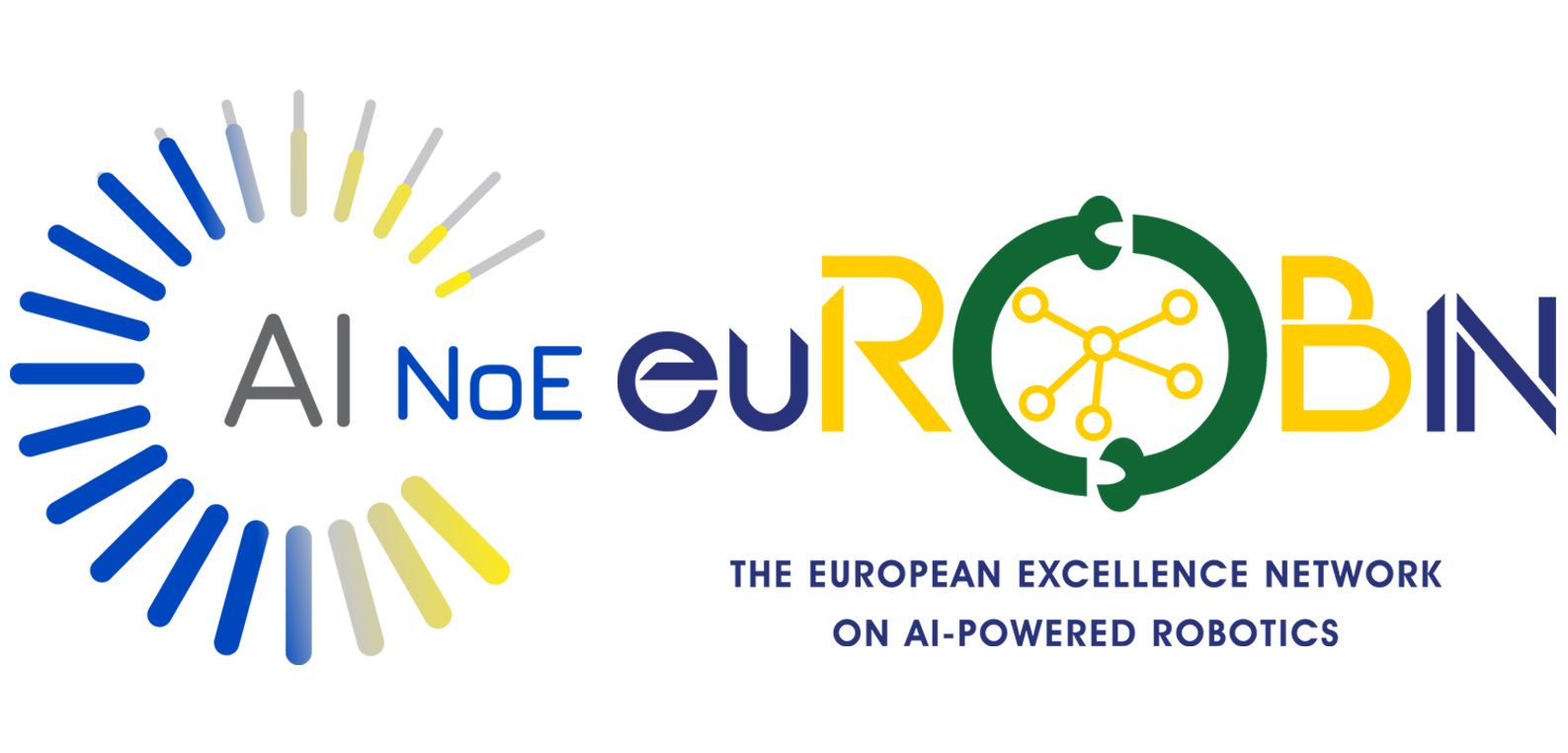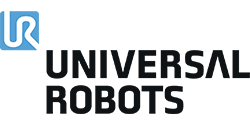ICRA 2024 - Cloth Competition
This year’s Cloth Track of the 9th RGMC focuses on grasp point localisation on hanging cloth items. Teams can build their perception system in the months leading up to the competition, but performance will be evaluated on a dual-arm robot setup live May 13-15 at ICRA 2024 in Yokohama, Japan! You provide the grasp, and we handle the execution on our robots.
We’re thrilled to have 11 dedicated teams actively preparing for the cloth manipulation challenge!
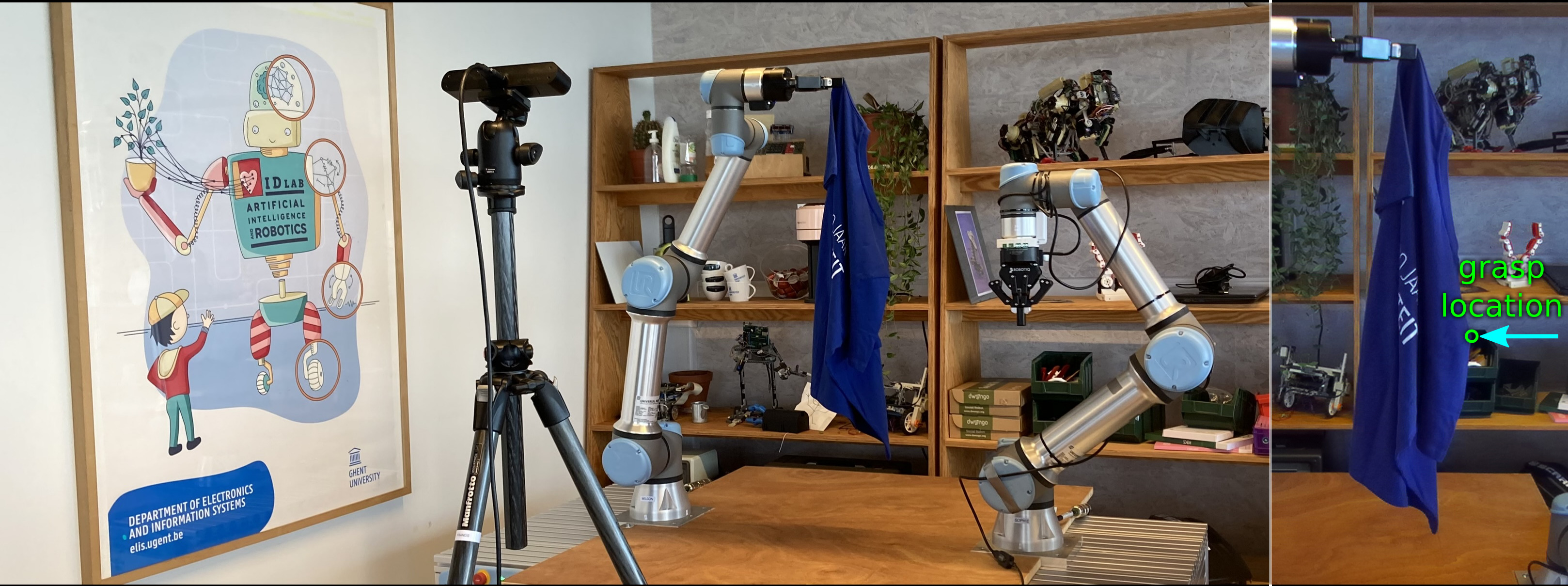
Highlights
Competition Ranking 🏆
Congratulations to all 11 teams who successfully completed their 16 live evaluation trials in the ICRA 2024 Cloth Competition! We’re proud of the hard work and dedication each team put into this challenge. The final rankings and scores are listed below.
| Rank | Team Name | Score (Average Coverage) |
|---|---|---|
| 🥇 1st | AIR-JNU | 0.60 |
| 🥈 2nd | Team Ljubljana | 0.57 |
| 🥉 3rd | Ewha Glab | 0.55 |
| 4th | SCUT-ROBOT | 0.53 |
| 5th | Team Greater Bay | 0.53 |
| 6th | Samsung Research China - Beijing | 0.48 |
| 7th | Shibata Lab | 0.46 |
| 8th | AI&ROBOT LAB | 0.45 |
| 9th | UOS-Robotics | 0.39 |
| 10th | AIS Shinshu | 0.37 |
| 11th | 3C1S | 0.35 |
Important links for participants
The Challenge
Regrasping garments in the air is a popular cloth unfolding strategy. To get started, it’s common to grasp the lowest point. However, better grasp points are needed to unfold the garment completely, such as the shoulders of a shirt or the waist of shorts. The objective of the competition is to localise good grasp poses in colour and depth images of garments held in the air by one gripper. We will evaluate your predicted grasp by executing it on a dual UR5e setup live at ICRA. The cloth items that must be grasped will be towels, shirts and shorts. We will provide an image dataset of representative cloth items for preparation, but the evaluation will also include unseen garments.
Practicalities
Participants do not have to worry about the initial lifting of the cloth, grasp execution, camera calibration, etc. We will take care of all that with our open-source codebase airo-mono! At the competition, we will send you an image and you just send us a grasp back in a to-be-specified JSON format. Together with the dataset, we will also provide a Github repository with notebooks and tools to load, visualise and explore the data. Don’t hesitate to contact us if you have any questions!
Teams
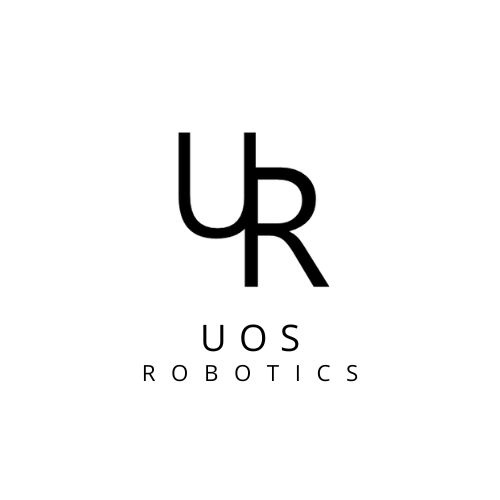
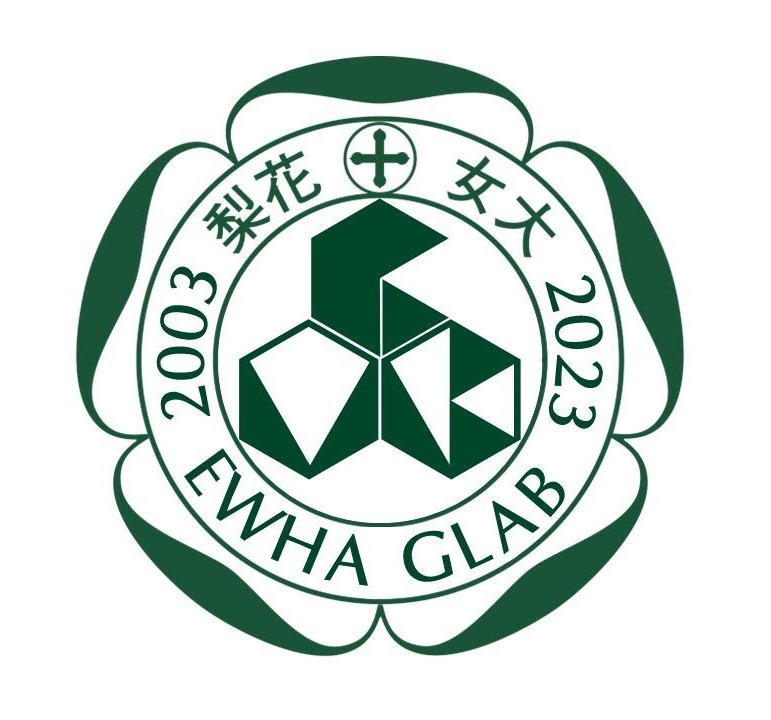
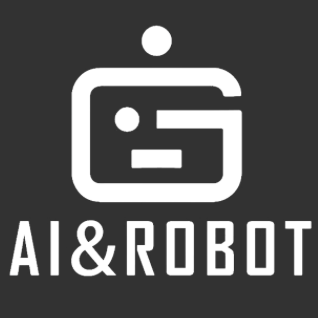
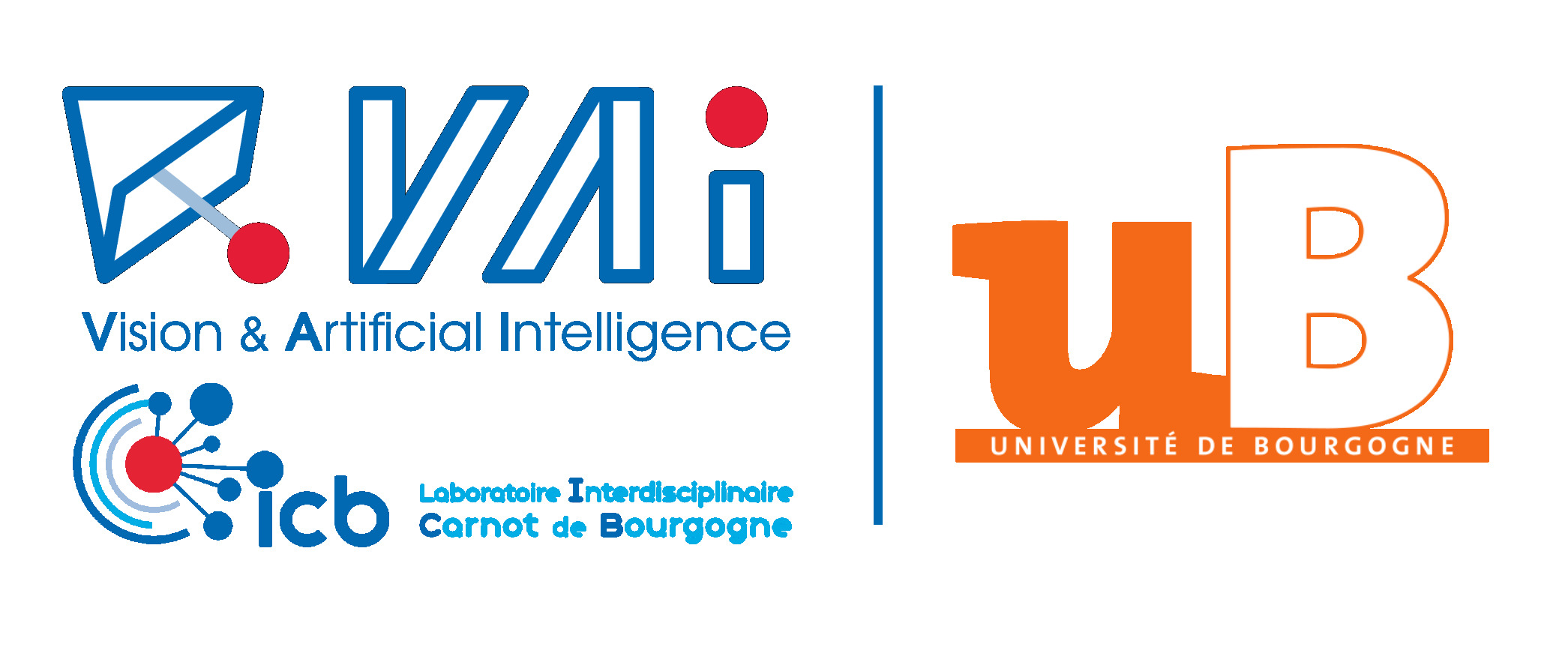
UOS-Robotics
- Uihun Sagong
- JungHyun Choi
- JeongHyun Park
- Dongwoo Lee
- Yeongmin Kim
Ewha Glab
- Hyojeong Yu
- Minseo Kwon
AI&ROBOT LAB
- Chongkun Xia
- Kai Mo
- Yanzhao Yu
- Qihao Lin
- Binqiang Ma
3C1S
- Carlos Mateo-Agullo
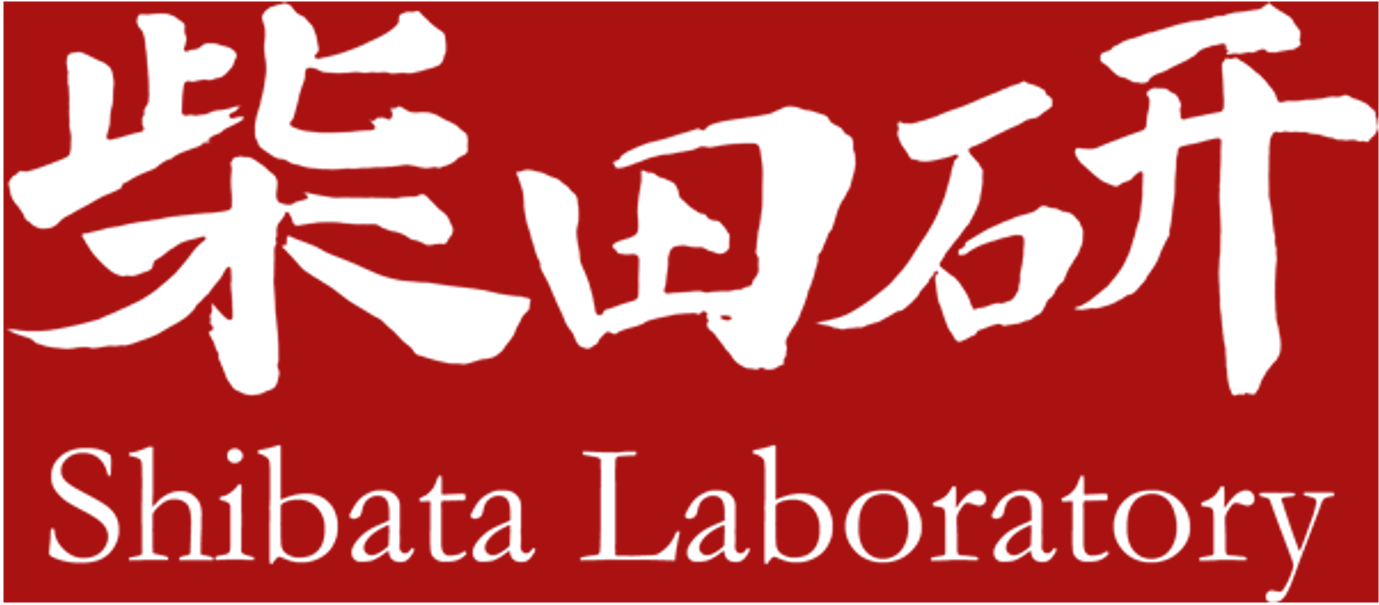
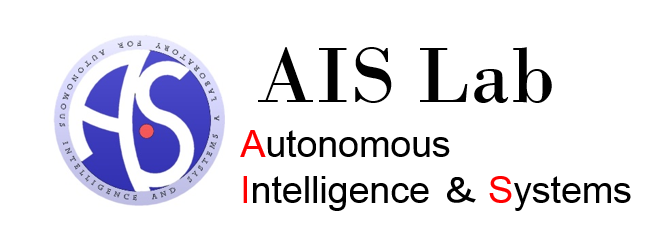
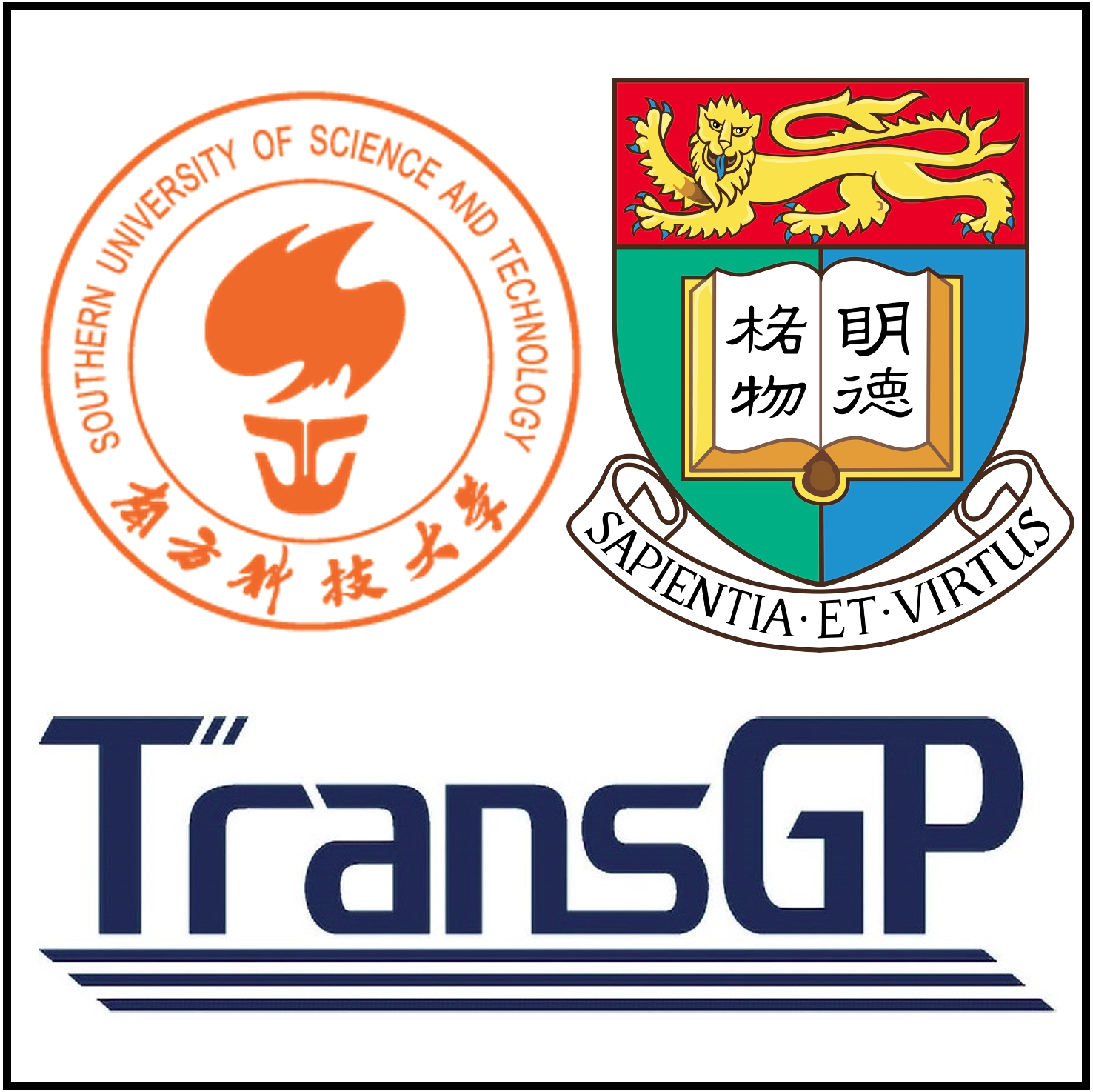

Shibata Lab
- Kakeru Yamasaki
- Tomohiro Shibata
- Krati Saxena
- Takumi Kajiwara
- Yuki Nakadera
AIS Shinshu
- Solvi Arnold
- Kimitoshi Yamazaki
- Daisuke Tanaka
- Keisuke Onda
- Akihisa Ishikawa
- Yusuke Kuribayashi
- Naoki Hiratsuka
Team Greater Bay
- Fang Wan
- Linhan Yang
- Haoran Sun
- Ning Guo
- Chaoyang Song
- Jia Pan
- Lei Yang
- Zeqing Zhang
Team Ljubljana
- Domen Tabernik
- Andrej Gams
- Peter Nimac
- Matej Urbas
- Jon Muhovič
- Danijel Skočaj
- Matija Mavsar
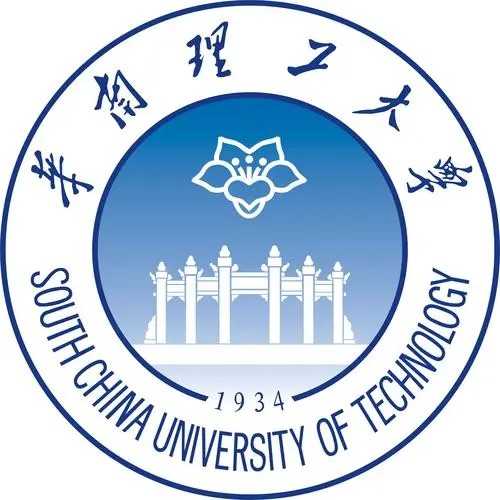


SCUT-ROBOT
- Supeng Diao
- Yang Cong
- Yu Ren
- Ronghan Chen
- Jiawei Weng
- Jiayue Liu
Air-jnu
- Giwan Lee
- Jiyoung Choi
- Jeongil Choi
- Geon Kim
- Phayuth Yonrith
Samsung Research China – Beijing
- Yixiang Jin
- Dingzhe Li
- Yong A
- Jun Shi
- Yong Yang
Contact
- Victor-Louis De Gusseme, PhD candidate (victorlouis.degusseme@ugent.be)
- Francis wyffels, PhD, professor Robotics & AI (Francis.wyffels@UGent.be)
Partners

